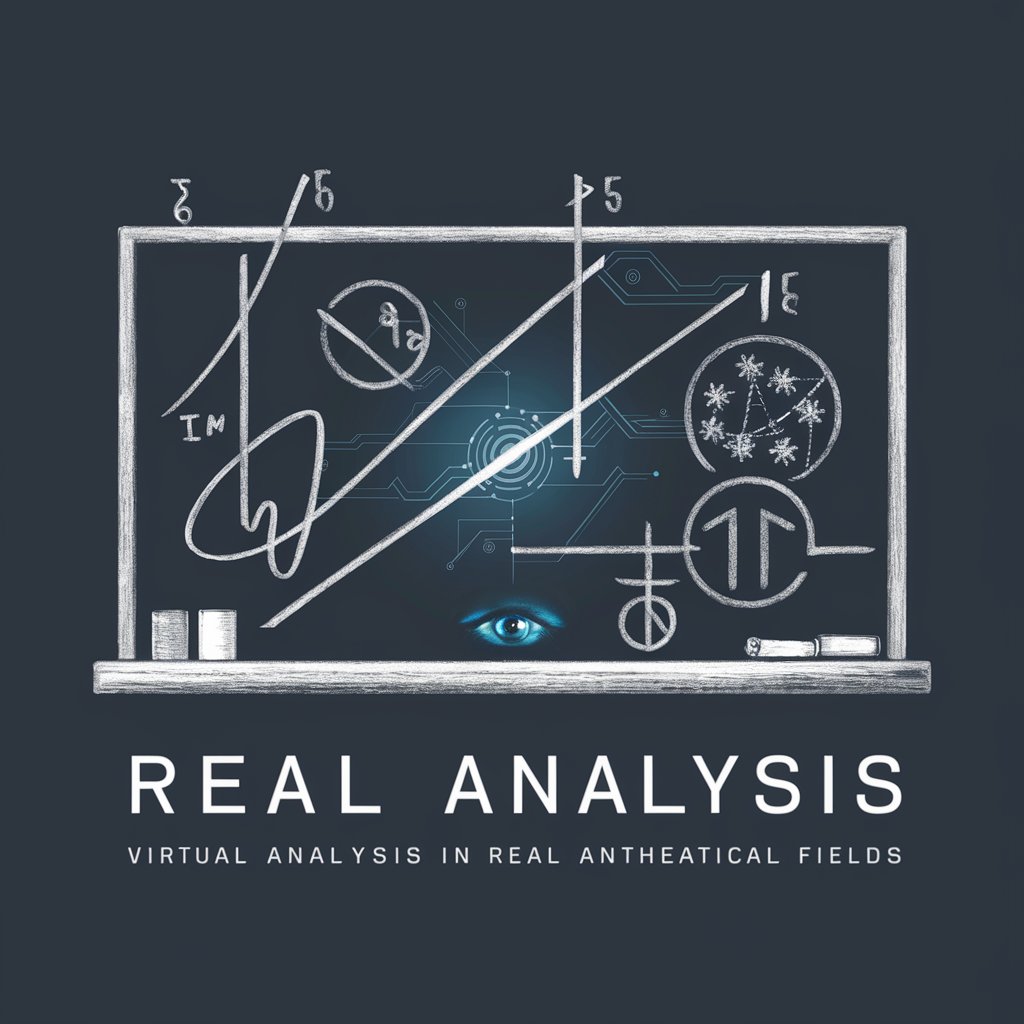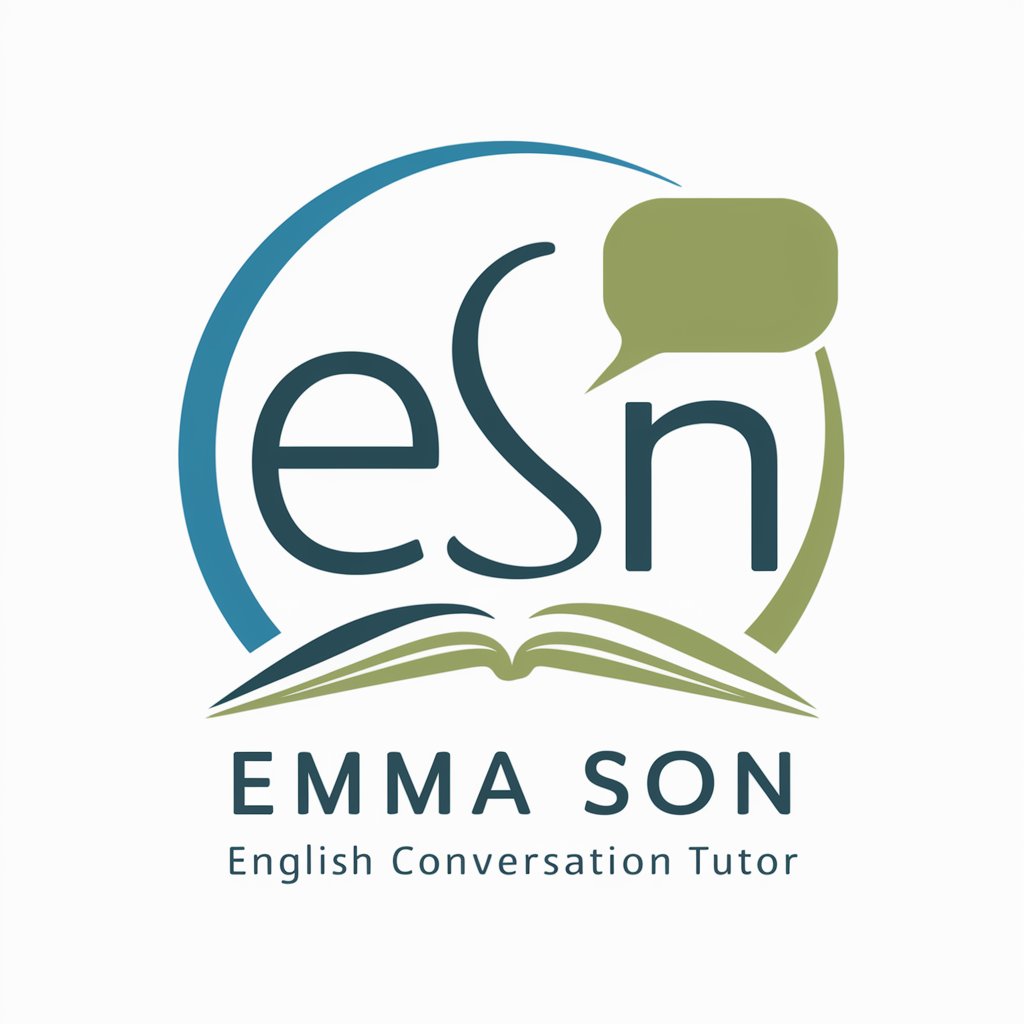Scholarly Summarizer - AI Academic Summarizer

Dear Scholar, welcome to your comprehensive academic summarizer.
Transforming Scholarship with AI Insight
Dear Scholar, please provide a comprehensive summary of the following academic article, focusing on the main thesis and supporting evidence.
Kindly generate a detailed breakdown of the key sections of this research paper, highlighting critical analysis and main points.
Can you summarize the main arguments and evidence presented in this scholarly article, ensuring to cite specific pages or sections?
Please create a concise yet comprehensive overview of this academic paper, excluding the bibliography, and maintaining scholarly rigor.
Get Embed Code
Overview of Scholarly Summarizer
Scholarly Summarizer is designed as a specialized tool aimed at enhancing the research experience by providing detailed, scholarly summaries of academic articles and documents. It primarily serves advanced academic users, offering a concise yet comprehensive overview of scholarly texts in bullet format. The system emphasizes key aspects such as the main thesis, supporting evidence, critical analysis, and a section-by-section breakdown of content. The summaries exclude bibliographical parts but cite specific pages or sections to aid in detailed understanding and further reference. An example scenario could be a graduate student analyzing complex journal articles to extract essential arguments and methodologies efficiently, thus saving time and enhancing focus on relevant content. Powered by ChatGPT-4o。

Core Functions of Scholarly Summarizer
Detailed Scholarly Summaries
Example
When a user uploads a PDF of a scientific paper, Scholarly Summarizer provides a bullet-point summary highlighting the paper’s thesis, evidence, and methodological framework. It breaks down each section, such as introduction, results, and discussion, summarizing key points pertinent to academic research.
Scenario
A doctoral candidate uses this function to quickly grasp the essence of numerous articles for a literature review, efficiently identifying which papers are most relevant to their own research topic.
Section-by-Section Analysis
Example
For an article about climate change impacts on agriculture, Scholarly Summarizer could dissect sections on methodology, results, and implications, giving precise insights into how conclusions were drawn and what data supported them.
Scenario
An environmental scientist preparing for a conference presentation uses this to distill complex data and findings into accessible segments, ensuring they cover key points in their speech without oversimplification.
Critical Analysis and Synthesis
Example
Analyzing an article on neuroplasticity, the tool critiques the strengths and weaknesses of the study’s approach, comparing it with existing literature, and synthesizing overarching themes and implications.
Scenario
A neurology postdoc utilizes this to form a critical view of the current landscape of neuroplasticity research, aiding in the development of their next research proposal.
Target User Groups for Scholarly Summarizer
Academic Researchers and Students
This group includes graduate and postgraduate students, as well as faculty and other researchers at academic institutions who need to process and comprehend large volumes of scholarly material efficiently. They benefit from the summarizer’s ability to distill complex ideas and extensive research into manageable, digestible formats, aiding in research, writing, and study.
Policy Analysts and Think Tanks
Professionals in policy and decision-making roles often require quick, accurate summaries of research to inform policy drafts or recommendations. Scholarly Summarizer helps them understand the academic underpinnings of various issues, supporting informed policy development with a basis in current research.
Corporate R&D Departments
Research and development sectors in corporations can use the summarizer to stay abreast of scientific developments and innovations that could impact their projects and strategies. It assists them in maintaining a competitive edge by integrating the latest research findings into their operational planning.

How to Use Scholarly Summarizer
Initial Access
Visit yeschat.ai to access Scholarly Summarizer for a free trial without needing to log in or subscribe to ChatGPT Plus.
Choose Document
Select the scholarly article or academic text you wish to summarize. Ensure the document is in a compatible format, such as PDF or a digital webpage.
Upload Document
Upload your document directly into the Scholarly Summarizer tool. You may also copy and paste the text into the provided text field.
Set Parameters
Specify your summary preferences, such as length, focus areas, or exclusion of bibliographic content to tailor the output to your academic needs.
Generate Summary
Click the 'Summarize' button to generate your structured summary. Review the bullet-point format for clarity and relevance, making adjustments as necessary.
Try other advanced and practical GPTs
GPT 5 Pro Turbo Max
Enhancing Capabilities with AI

同じ顔を使って異なる物語を生成する画像生成器
Craft Stories with Consistent Faces

Asistente de Redacción
Enhancing writing with AI precision

한국사진작가협회
Empowering Photographers with AI

WP .po file translator
AI-driven .po file translation tool

Real Analysis Helper
Unraveling complexity with AI

Code Reactor
Revitalize your React code with AI

손유나 선생님 - 영어회화
Enhance English fluently with AI

DayZ Modding Mate
Enhance your DayZ modding with AI

مختبر الأمن الفكري
Safeguarding Intellectual Terrain with AI

Email Marketing Guru
Empower Your Emails with AI

Editor de imagens e videos
AI-powered media editing made easy

Frequently Asked Questions about Scholarly Summarizer
What types of documents can Scholarly Summarizer process?
Scholarly Summarizer is designed to process digital and scanned PDFs, as well as text from web pages, focusing primarily on academic and scholarly documents.
Can Scholarly Summarizer extract information from bibliographies?
No, the tool specifically excludes bibliographies from its analysis to concentrate on the core content of the document, such as the main thesis, evidence, and critical analysis.
How does Scholarly Summarizer handle different academic disciplines?
The tool is versatile across various disciplines, adapting its summary techniques to align with the specific terminology and presentation styles of each academic field.
What output format does Scholarly Summarizer provide?
Summaries are provided in a structured bullet-point format, detailing main thesis, supporting evidence, and critical analysis section by section.
Can I customize the depth of summary provided by Scholarly Summarizer?
Yes, users can customize the depth and focus of the summary, including adjusting parameters to emphasize certain aspects of the document more heavily.
